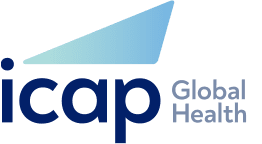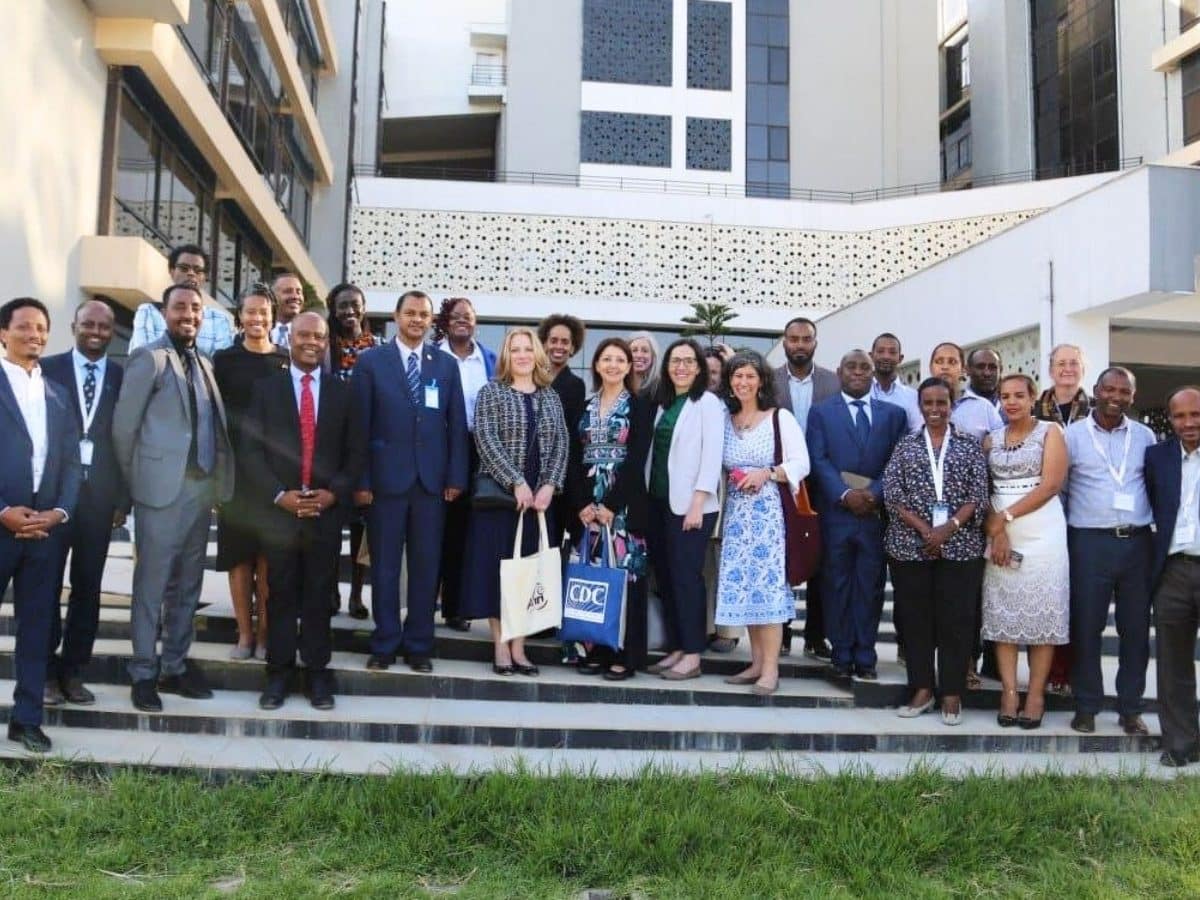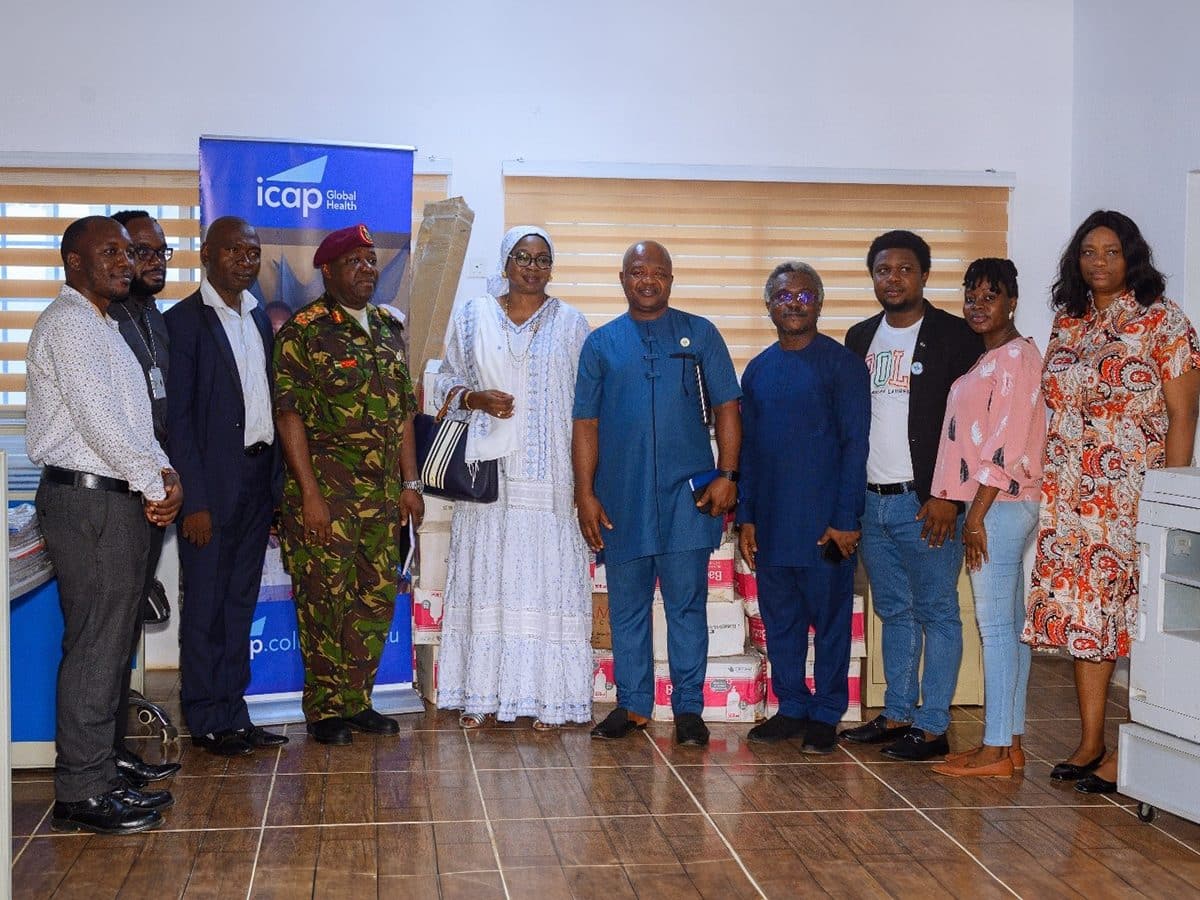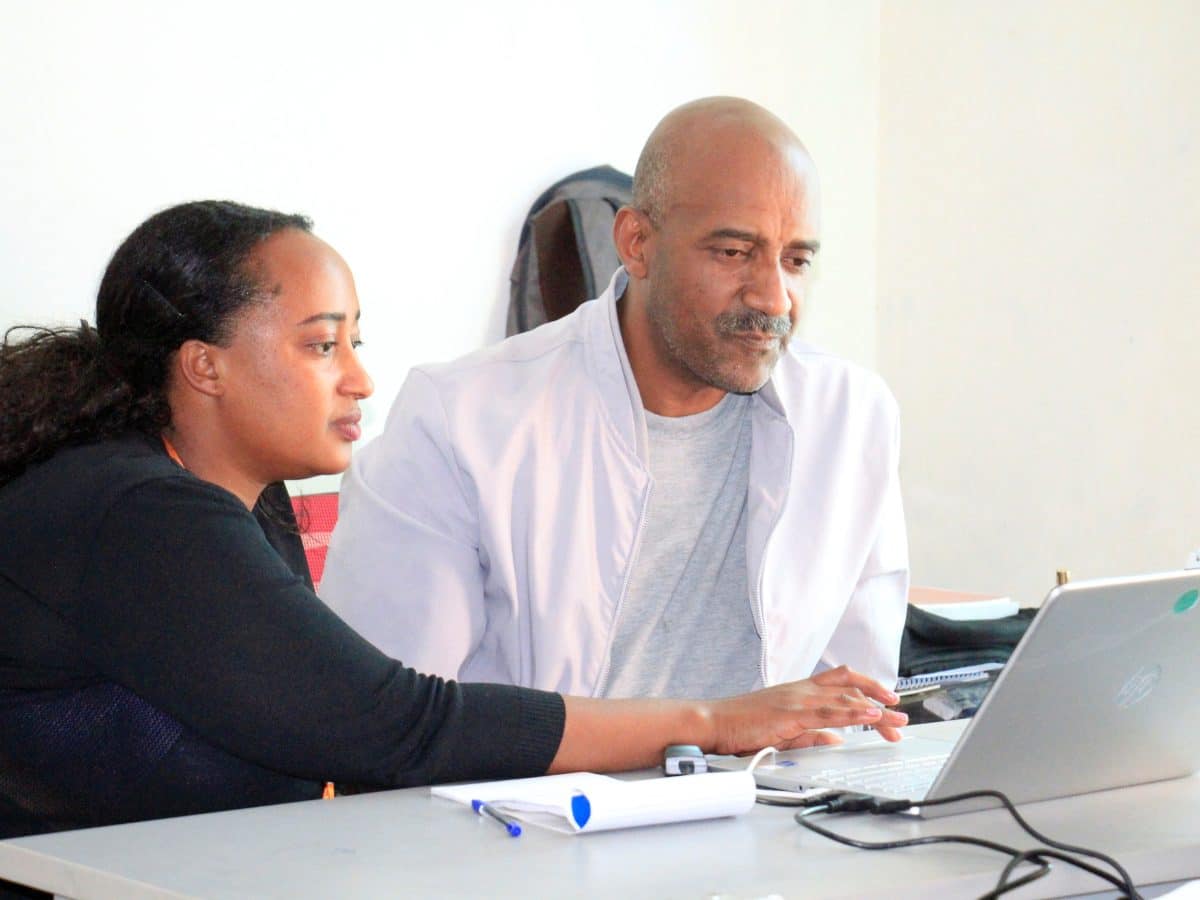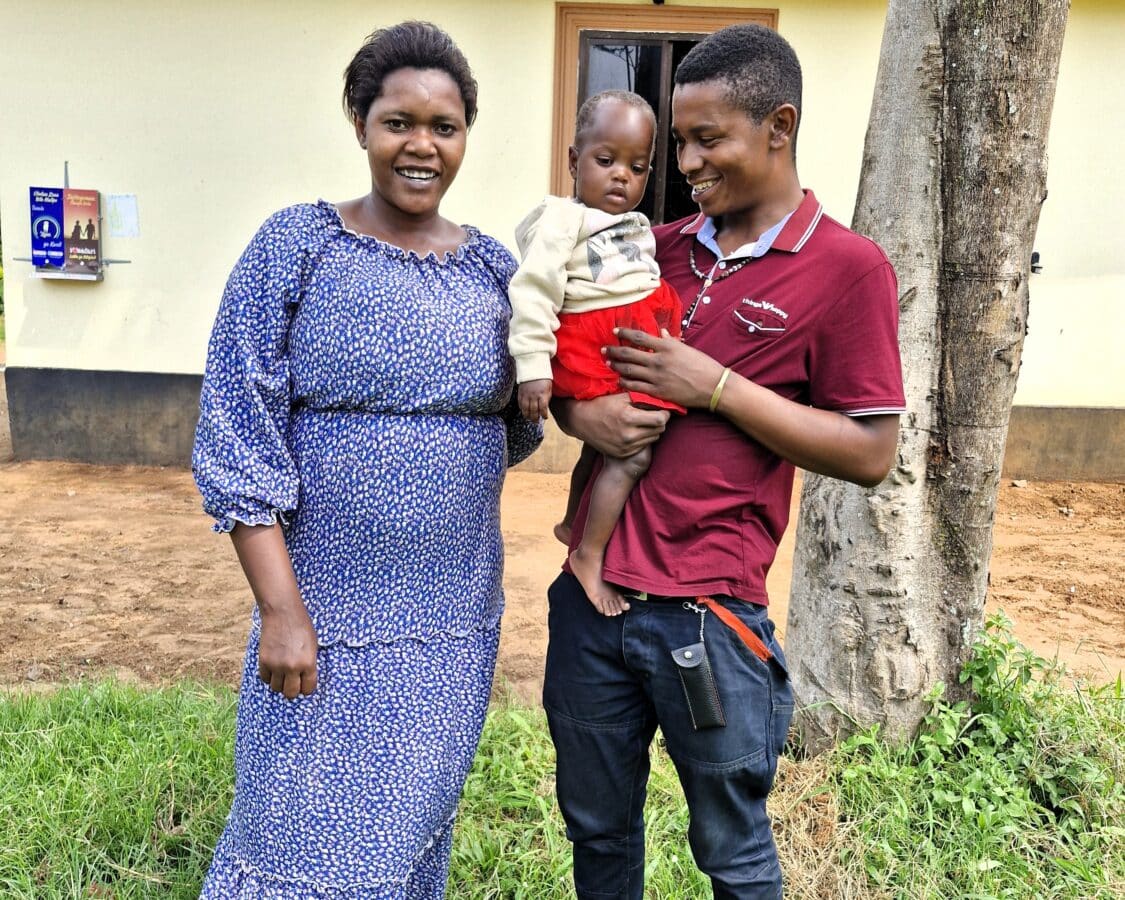At 16 years old, Mary is like many other teenagers. She enjoys going to school in her hometown of Kigali, Rwanda, spending time with her friends, and she gets in the occasional disagreement with her mother. Yet, in many ways, Mary has had to grow up faster than her peers. She was diagnosed with HIV at the age of 11, and has been receiving antiretroviral treatment (ART) for the past four years.
Mary is a patient at the Pediatric HIV Care Model Center at the University Teaching Hospital of Kigali (CHUK), a site supported by ICAP with funding from the US Centers for Disease Control and Prevention since 2005. At CHUK, Mary receives routine clinical and laboratory monitoring, as well as psychosocial support during her monthly follow-up clinic visits. She also participates in a peer support group and attends a camp where lessons about managing HIV are intermixed with social activities and events.
“Before I was admitted to CHUK in 2008, I was always sick and did not know what I was suffering from. I could not attend school regularly and my performance was poor. With the services that I receive at the clinic, my health has greatly improved; I know about my disease and get help and advice from the staff,” said Mary.
The HIV epidemic continues to take a toll on young people–approximately 5 million youths aged 15-24 years are currently living with HIV globally, 76 percent of whom reside in sub-Saharan Africa. Whether behaviorally or perinatally acquired, HIV-infected adolescents face unique developmental and health-related challenges. Not children anymore, but also not yet adults, adolescents require innovative and responsive health strategies that address their needs.
Due to increased accessibility of antiretroviral treatment, more children perinatally acquired with HIV are living longer and reaching adolescence and adulthood. Additionally, more young people are being tested for HIV because of increased awareness, reduced stigma, and greater access to testing. As a result, the health system needs to adapt to their needs. “Programs and clinics should be youth-friendly and healthcare workers need the knowledge and skills to attract, retain, and serve adolescents living with HIV,” said Elaine Abrams, senior research director at ICAP.
ICAP is providing health workers and peer educators with information and skills to ensure that they are enabled to provide high quality HIV care, treatment, and support to adolescents. In December 2011, 15 health workers and three adolescents attended a weeklong workshop in Rwanda on adolescent HIV care and treatment led by Bea Thome, ICAP pediatric clinical officer, and Tayla Colton, international health consultant, in partnership with Dr. Gilbert Tene, pediatric advisor at ICAP in Rwanda. Interactive learning modules from the forthcoming _Adolescent HIV Care and Treatment: A Training Curriculum for Health Workers_ developed by ICAP were piloted during the workshop and used to engage participants in training activities that covered topics such as the nature of adolescence, the provision of youth-friendly services, and clinical care for adolescents living with HIV including sexual and reproductive health services.
The three adolescent participants also provided valuable input regarding their personal experiences with the health system and the implementation of youth-friendly services. “The training allowed us to share our ideas with participants who are at the same time our care providers. Now, we are better equipped to provide support to other adolescents in our support groups and within our communities,” said one of the adolescents.
Furthermore, health worker participants were reminded of the value and importance of listening to young people and responding to their needs. “The training not only provided essential information about HIV care for adolescents, but it also compelled health workers to reflect on their own values and consider best practices related to adolescent sexuality, HIV prevention, and the notion that adolescents are not ‘big children or little adults’,” said Dr. Gilbert Tene.
An important part of establishing youth-friendly services is ensuring that youths are involved as active participants in the programs intended to serve them. ICAP’s recently produced _Positive Voices, Positive Choices: A Comprehensive Training Curriculum for Adolescent Peer Educators_ is designed to train and support peer adolescent educators working in clinical settings. Drawing on experiences and lessons learned from adult and youth peer education programs and on a growing body of literature on adolescent HIV prevention, care, and treatment, the curriculum includes a 15-Module Trainer Manual and an accompanying, illustrated Participant Manual that serves as a reference for adolescent peer educators during training and beyond. Topics covered include communication skills, adherence and psychosocial support, sexual and reproductive health, and how to facilitate adolescent support groups.
Developed by Elaine Abrams, Tayla Colton, FXB International, and ICAP clinical pediatric specialists, the adolescent-focused training materials are generic curricula that allow Ministries of Health, provincial and district authorities, health facilities and health workers, and implementing partners to adapt for their specific programmatic contexts. The curricula will be available on the ICAP website, and aim to serve as a valuable resource for the establishment and scale-up of adolescent-focused HIV services.

